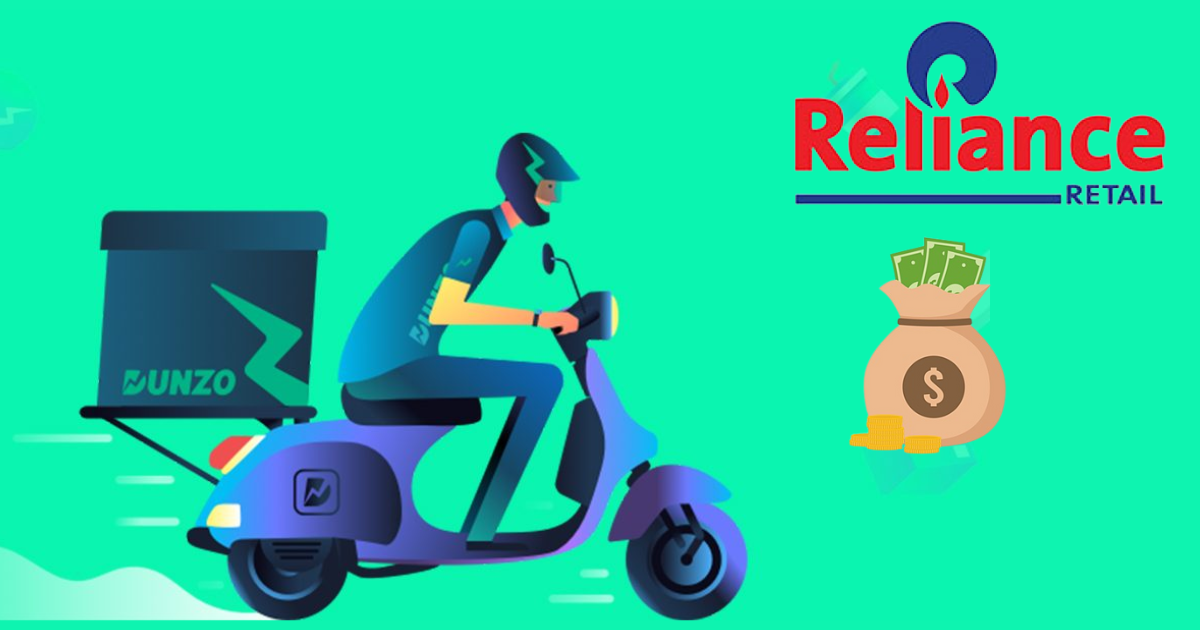Dunzo, the hyperlocal delivery startup, is exploring the possibility of securing additional funding from its largest investor, Reliance Retail, to extend its financial runway. The company continues to implement cost-cutting measures in its consumer business, Dunzo Daily, while focusing on strengthening its B2B offering, known as Dunzo Merchant Services.
Cash Flow Challenges and Salary Delays
Dunzo has faced challenges with its cash flow, resulting in delays in paying employee salaries. CEO Kabeer Biswas informed the staff about the situation. In an attempt to raise $75 million through convertible notes in April, the company managed to secure only about $45 million. As a result, it now requires more capital to sustain its operations, leading it to initiate discussions with Reliance Retail, its major strategic investor.
Deeper Cost-cutting Measures
To manage its financial situation, Dunzo has taken significant cost-cutting actions. Initially planning to shut down 50% of its dark stores in April, the company has now increased that number to around 70%. However, Dunzo will continue serving the remaining locations through third-party merchants via its marketplace. The focus is shifting towards strengthening its B2B unit, Dunzo Merchant Services (DMS), which plays a vital role in generating approximately 35% of the company’s revenues. The cost-cutting efforts are expected to continue at a rate of 5-7% or more per quarter.
B2B Business and Future Prospects
Dunzo’s B2B business handles over 30,000 orders daily, primarily offering last-mile delivery services in seven cities. This segment caters to over 25,000 merchants, with around 65-70% of them belonging to the food business, including prominent brands like McDonald’s, Licious, and Theobroma. The DMS team, led by co-founder Dalvir Suri and vice president of sales C Sumit Anand, consists of approximately 20 individuals. While the focus on B2B appears promising, the question remains whether it will prove to be the savior for Dunzo amid its financial challenges.
Jargon Buster: Convertible Note
A convertible note is a form of short-term debt that converts into equity, typically during a future financing round or an initial public offering (IPO). Unlike other fundraising methods, it does not assign a valuation to the company at the time of raising funds. Convertible notes have been widely used by Indian startups in recent years. As of January 2022, Dunzo’s last valuation stood at $775 million.



![[CITYPNG.COM]White Google Play PlayStore Logo – 1500×1500](https://startupnews.fyi/wp-content/uploads/2025/08/CITYPNG.COMWhite-Google-Play-PlayStore-Logo-1500x1500-1-630x630.png)